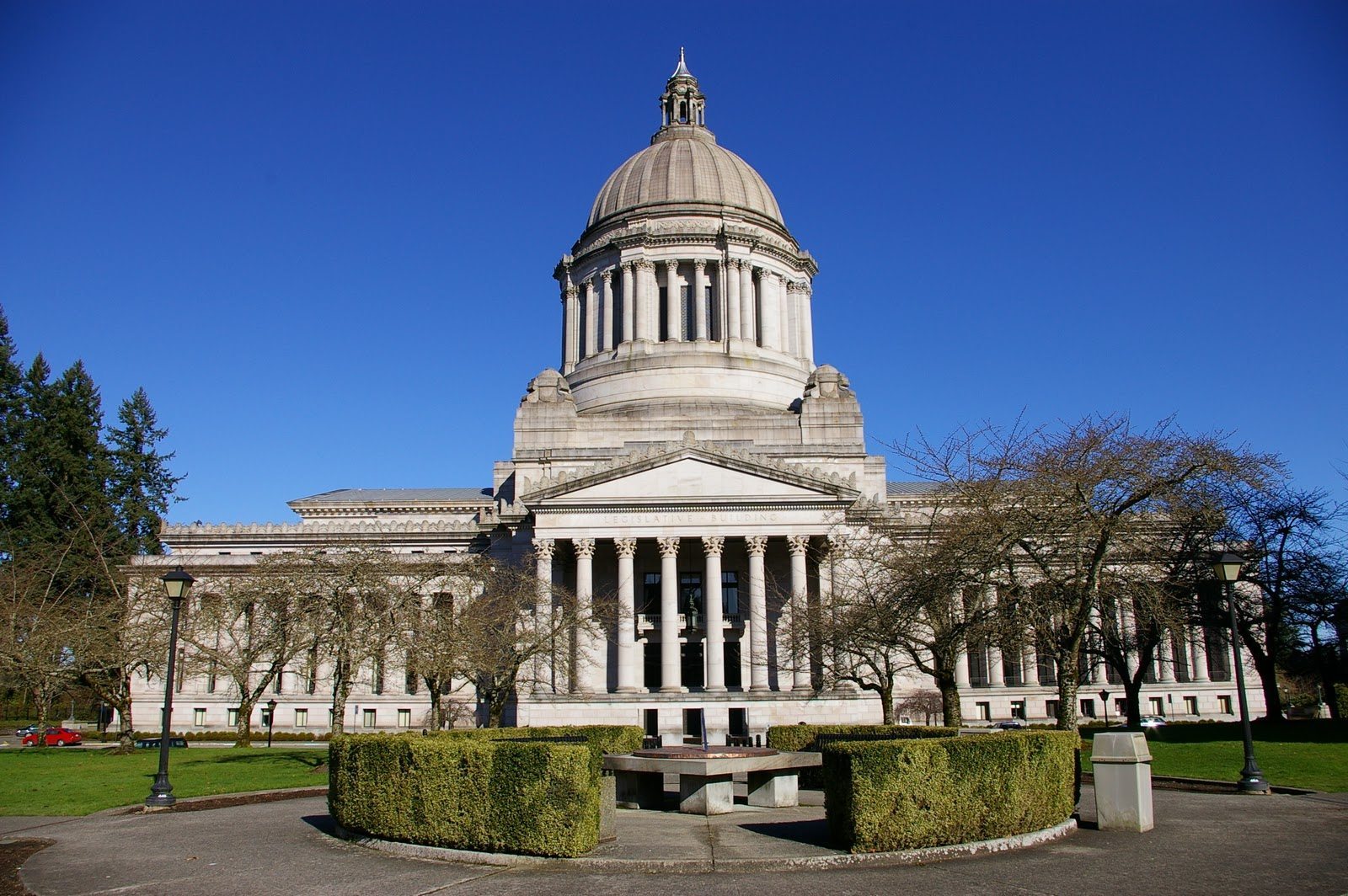With just days (hopefully) to go before the end of the 2016 legislative session, the lawmakers have not touched Initiative 732, the so-called “revenue neutral” carbon tax. I-732 would place a $25-per-metric-ton tax from on carbon emissions from fossil fuels, along with multiple tax cuts to supposedly offset the new revenue.
The options state lawmakers had were to pass I-732 as is and make it a law, send it and an alternative plan both to the ballot, or ignore it/reject it and let it go to the ballot in November.
By every indication, lawmakers have chosen to do nothing about the initiative, which means it will advance on its own to the ballot.
That means, if voters pass I-732, our state will become first in the nation to have a carbon tax. Supporters have billed it as revenue neutral, but that’s not exactly the case. As Shift reported, the initiative would reduce state revenue by $915 million over four years. An earlier estimate pegged the four-year budget hit at $675 million.
Some I-732 supporters actually requested that state lawmakers deliver another option for voters. But, rather than make any fix to I-732 in the form of a competing plan, lawmakers appear ready to take the risk that voters will reject this experiment.
Of course, House Democrats are already jumping at the opportunity to blame Senate Republicans for the lack of a plan. Liberal blog Publicola reports:
“State representative Joe Fitzgibbon (D-34, Des Moines) said his side has been waiting for a proposal from the senate Republicans. Fitzgibbon said Democrats took political hits from senate Republicans last year for thinking about a carbon tax—and did not want to take the same flak this year by proposing something without the GOP already having its own plan on the table.
“‘We could still do this this session,’ Fitzgibbon said.”
That’s an interesting change in tone for Rep. Fitzgibbon, chair of the House Environment Committee. You see, last month Fitzgibbon told the Seattle Times, “If we put together a proposal that corrected some of the shortfalls in 732, I don’t know I could tell you that it could get out of the House.”
The real reason Democrats decided not to act is because they knew any plan they produced would not pass their own state House.
Republicans are not impressed by I-732 either. GOP state Sen. Doug Ericksen, chair the Senate Energy, Environment and Telecommunications Committee, told the Seattle Times that “any alternative I-732 version he’d back would have to balance its carbon tax with rollbacks of other environmental regulations — including a prohibition on a carbon-emissions cap under development by Gov. Jay Inslee’s administration.” That’s not something House Democrats (or Inslee) were prepared to negotiate on.
So, I-732 will now be on the November ballot.
Preliminary polls, despite the blow the initiative would deliver to our state’s economy, indicate voters may go either way. Via Publicola:
“Carbon Washington, the group backing I-732, recently cited an unnamed poll that concluded 44 percent of respondents favored I-732 while 40 percent opposed it; 16 percent were undecided. After a ‘simple explanation’ of I-732, 60 percent supported the initiative, Carbon Washington said in a blog post.
“If ‘pro and con’ messages are provided, the tally ended up 48 percent for the initiative, 47 percent opposing, and 5 percent undecided.”
In the end, I-732—with all its shortcomings—reveals the almost innate uncertainty and instability associated with “green” measures. It’s always wise to take the promises of any “green” policy measure with a rather large dose of reality.




